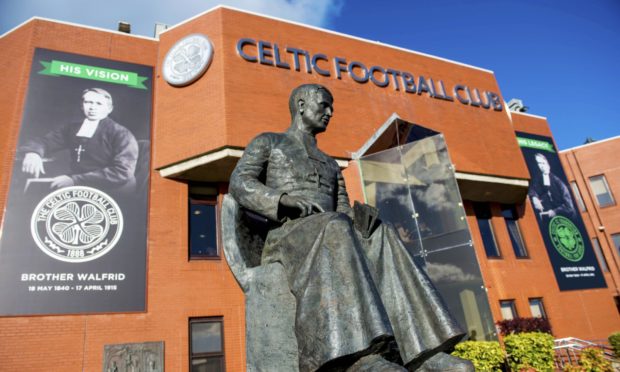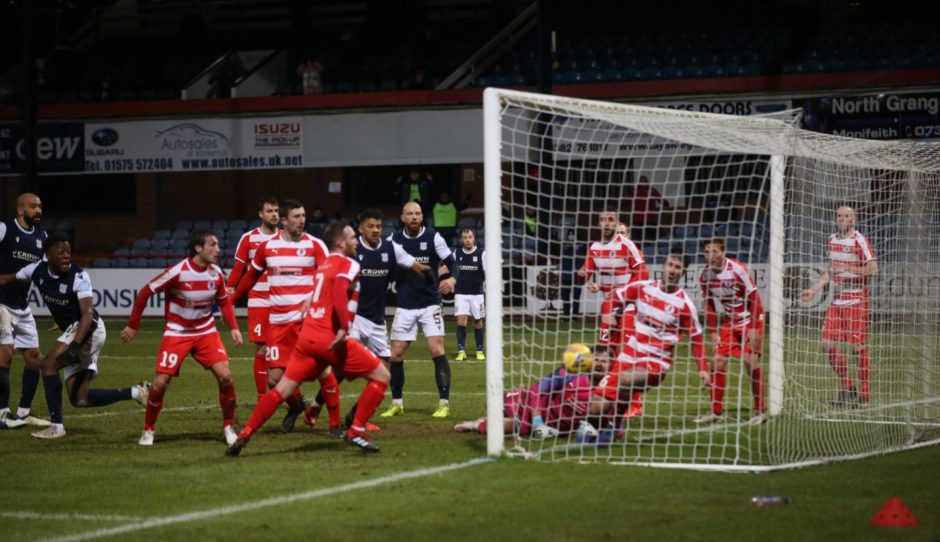Celtic’s recent PR nightmare is a lesson in how a club at the top of its game one minute can suffer a headlong tumble from grace the next.
Hot on the heels of blowing their ambition of ten in a row, despite a huge financial advantage over Rangers, they blithely embarked on a trip to Dubai in the midst of the Covid-19 pandemic and returned to a chorus of criticism from their own fans.
To top it off, they banjaxed their elite athlete disguise when pictured with poolside beers.
Green Brigade banner and statement pic.twitter.com/RLm0N5epmP
— North Curve Celtic (@NCCeltic) January 15, 2021
Compounding this spectacular lack of judgement of their supporters sensibilities, and after spending a fortune on the trip to the sun, it emerges they’re furloughing their U-18 squad.
Not since the days when the old board were chased from Parkhead, ushering in the Fergus McCann revolution, have the custodians in the East End seemed so out of touch.
Celtic have a social history few can match and it has a very strong Dundee connection.
Founded by Brother Walfrid – who worked with his great friend and Dundonian, Brother Dorotheus (AKA Henry Currie, who originally trained as a teacher at St Mary’s Forebank in the Hilltown) – they provided dinners for poor children in Glasgow.
From that charitable mission grew a club which conquered Europe and won the hearts of neutrals worldwide.
Somewhere along the way, it seems to have lost its soul.
Scotland’s lower league clubs have been treated appallingly in being singled out for a shutdown – but the game at that level has a very bright future.
The move to an English-style pyramid system was resisted for years by the self-interested.
Former junior club Bonnyrigg Rose proved that the move to widen the base of our game was the right one.
In taking Dundee to extra-time in the Scottish Cup before losing 3-2, they showed that there is plenty of life outside the traditional league structure.
A play-off system still operates for clubs in the Lowland League and the Highland League to enter Scottish football at League Two level.
It would be far better to incorporate automatic promotion and perhaps even regionalisation outside of the Premiership and the Championship.
‘A new ultra-competitive world down the divisions is emerging’
However, with so many clubs changing their status from juniors to the seniors, and the progress of other new sides, Scottish football at that level looks very competitive and community oriented.
All over Scotland, from Kelty Hearts to Jeanfield Swifts and Dundonald Bluebell to Linlithgow Rose, new horizons have opened up.
These clubs are not going to challenge the Old Firm or the big city or town clubs.
But at their own level, where local pride and spirit are important, there is a growing sense that anyone with ambition, drive and desire, can prosper.
Unlike the set up in the top tier of our game, there is more parity in terms of size and finance.
As the game at the top end becomes stale through two-club domination, a new ultra-competitive world is emerging down the divisions.
It’s a bright prospect for the New Year after the grim one we’re leaving behind.



